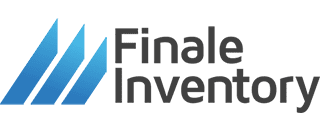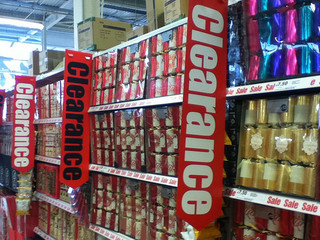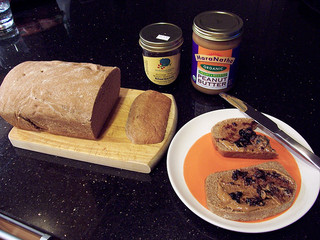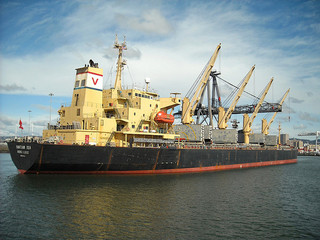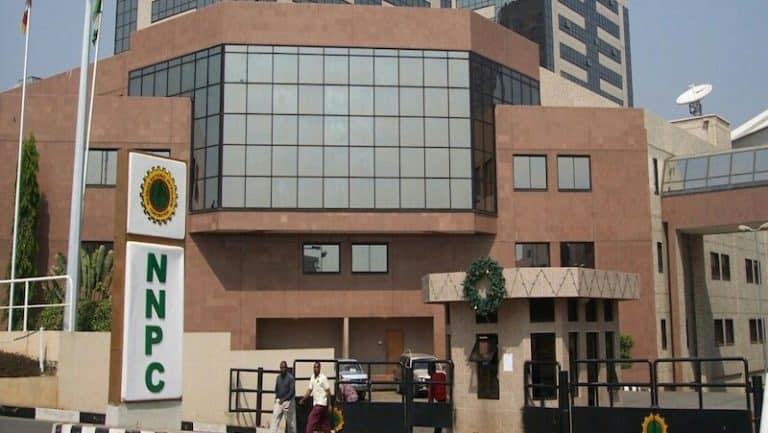Companies Help Community, Eliminate Risks with Supply Chain Surplus Rescue

In supply chain management, shortages and disruptions are typically the biggest concerns. A surplus in the supply chain is just as risky in most industries, however, and can create instability throughout the market. Sustainable supply chain management strategies can combat surplus risks while also improving the standard of living.
This article is for Premium Members only. Please login below to read the rest of this article.
Not a Premium Member yet? Become one today.
[login_form redirect=’https://www.procurementbulletin.com/companies-help-community-eliminate-risks-with-supply-chain-surplus-rescue’]
[show_to accesslevel=’Premium Members’]
The Risks of Supply Chain Surplus
A surplus in the supply chain may refer to raw materials or finished goods. Both can have a negative impact on profitability. The cost of storing extra products or materials is the most obvious concern, but in some industries, a surplus results in unnecessary waste. This is particularly true in technology fields and the food industry. Items with a short shelf life may expire before they’re used or purchased, while computer products can become outdated if they’re stored for an extended period. Lower prices are also a result of excess supplies.
How General Mills Handles Surplus
Preventing surplus in the supply chain isn’t always possible, especially in the food and beverage industry. General Mills makes sure their surplus products get used for good through food rescue and donation programs. Mary Jane Melendez, Associate Director of Community Action, says, “Food that is in danger of going to waste is an increasingly important source of donations and an area of high priority for General Mills.” With the help of employee volunteers on the Product Donations Action Team (PDAT), Melendez makes sure that surplus goods and ingredients find purpose instead of ending up in the landfill.
In November, the group worked with a food pantry in New Mexico to distribute 23 pallets of perishable goods that would have otherwise been destroyed after a delivery truck accident. Working with Feeding America, General Mills repackaged $650,000 of surplus pineapples and sent them to food banks across the nation. “It’s personally rewarding every time we are able to save perfectly good food from the landfill and in turn, feed people who are struggling with hunger,” says Melendez. “I challenge both companies and individuals alike to think creatively about how we can together reduce food waste and recapture usable food.”
Proper planning and efficient forecasting can prevent most supply chain surpluses, but sustainable initiatives like the General Mills PDAT team can make the most out of unforeseen surpluses. [/show_to]

